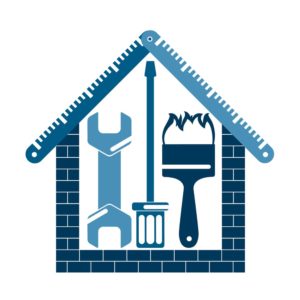Ideally, homeowner associations (HOA) are established to protect homeowners and ensure that the community is a great place to live. Nevertheless, homeowners sometimes find themselves on the opposite divide with their HOA and feel less fortunate to battle and resolve their problems. The HOAs and their respective board of directors acquire their autonomous powers from the governing documents, such as the covenant’s conditions, and restrictions commonly referred to as the CC&Rs. This recorded legal document is the principle guide for most HOAs.
Several states, including Arizona, grant HOAs the powers to institute liens for unpaid assessments, per their governing documents and also the powers to foreclosure homeowner’s homes should they forsake paying dues after a long period of time. Fortunately, homeowners are protected by state laws too. Moreover, they are entitled to finding out where their money is going each month and how it is spent, such as how money is allocated to hire a Chandler HOA management company. The homeowner can use the following platforms to raise questions and enquire how their assessment fees are put to use.
Access to HOA Financial Records
Homeowners have the right to view accounting books, meeting minutes and any other record pertaining to financial matters of the HOA. Most of the time, if you are wanting a couple of documents, it is an easy process. You can simply ask your Chandler HOA management company and they can typically be emailed or may already be available on your online homeowner portal. However, for in depth records over a course of a long period of time, a homeowner may need to submit a written request specifying the kinds of documents they wish to review. The law provides that the HOA must allow access to the specified records in a period within ten days upon receiving the written request.
Paying Assessments
Ignoring your HOA assessment payments is a quick way to create issues between homeowners and HOA. It is advisable that residents pay their dues and contest on a later date if there are any issues with the billing. Failure to pay gives the HOA a hedge to place a lien on a home, but it also accrues late payment fines and interest. Typically you will receive your billing statement ahead of time to provide enough leeway before the due date to address any questions or concerns.
Attending Open Meetings of the Board
The best proactive procedure a homeowner can take to understand or question matters of financial concern is through attending and participating at an HOA board meeting. Regular attendance and participation provide homeowners with the ability to understand the actions the board is planning to take and discover the past action the board has taken.
Besides, participants attending the meeting are alerted and informed of how the HOA board is expected to use their contribution. Moreover, the open forum portion of the meeting provides homeowners with the opportunity to raise an alternative expenditure method, which they perceive profitable to both homeowners and the HOA.
Request a Hearing
In cases where a homeowner has solid evidence to back his or her allegations, they have the right to request to speak to the Board at an open or closed executive session meeting depending on the kind of allegation it is.
Connect with Neighbors
If a homeowner has an issue concerning the expenditure rights of his or her HOA, they can connect with neighbors to find out whether they are experiencing the same problems too. Mobilizing a large number of homeowners undergoing the same problems to come out and raise concern significantly supports and strengthens a fight.
The more the number of homeowners joining a forum to find how their money is spent, the higher the chances that the HOA will respond to them.
Overall, the HOAs are protected with the CC&Rs and other governing laws. Notably, homeowners can work to internally find out how the HOA spends their money before initiating any kind of legal actions against the HOA.




